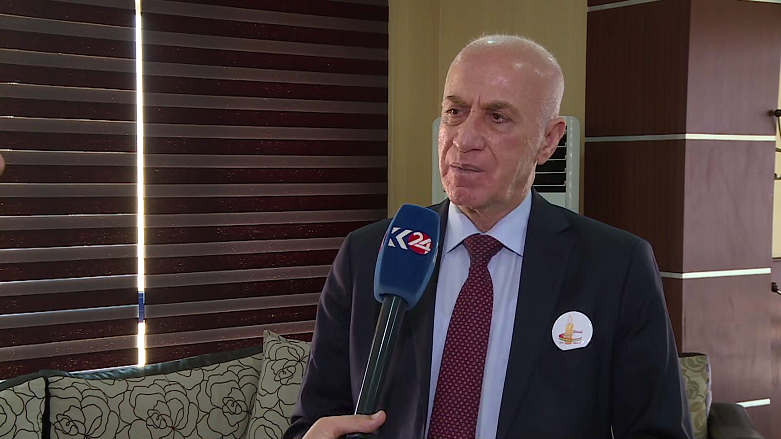KDP says ties with PUK should not be affected by ‘minor’ incidents

ERBIL (Kurdistan 24) – Shootings on the offices of the Kurdistan Region’s two leading parties should not affect bilateral relations, the spokesperson of the Kurdistan Democratic Party (KDP), Mahmoud Mohammed, said on Saturday.
The first incident occurred on Thursday evening when unidentified gunmen opened fire on KDP’s main office in Sulaimani, where the Patriotic Union of Kurdistan (PUK) is the leading party. The shooting did not result in any casualties.
A day later, another such incident reportedly took place but in the Kurdistan Region capital of Erbil, where the KDP is more popular. PUK-affiliated media said shots targeted two of the party’s offices and confirmed there were no casualties.
The first shooting came a day after a senior PUK official and Peshmerga commander, Mohammad Sangawi, was reportedly barred from entering Erbil—an incident which the regional interior ministry said it was investigating.
The KDP, from its end, says these minor issues should not affect the two parties’ relations.
“The KDP and the PUK must pass these minor issues that come up,” Mohammed told Kurdistan 24. “We cannot let these incidents become obstacles to our unity and must try not to let them happen again.”
“Both sides must work to develop relations so that we can serve the Kurdistan Region.”
The KDP and PUK have had tense relations following the conception of the former, from which the latter splintered in the 1970s. The two sides entered a period of bloody civil war in the 1990s, but tensions have largely calmed since then.
However, disputes sprouted again in 2017 when the KDP accused elements within the PUK of having been behind an alleged deal that saw the fall of Kirkuk to Iraqi forces and Iran-backed militias, and the withdrawal of the Kurdish Peshmerga units from the area.
Despite lingering issues, the two parties largely set differences aside to form a united front to represent Kurdish interests nationally and even formed a coalition Kurdistan Regional Government (KRG).
Editing by Karzan Sulaivany
